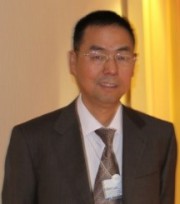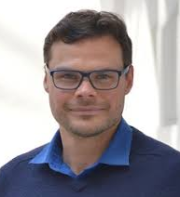

Keynote speaker
Could China stride on a highly quality of development trajectory towards “factor 4” resources efficiency by 2050?
Lei Shen is a Professor at the Institute of Geographic Sciences and Natural Resources Research, Chinese Academy of Sciences, and Sectary-in-general of China Society of Natural Resources. His expertise is focused on energy policy and mineral economics, especially on transformation of resource based cities, energy intensive industry, regional development planning in China, and energy and mineral security at different levels.
Current trends in Material Flow Analysis
Stefan Pauliuk is an Assistant Professor at the Faculty of Environment and Natural Resources, University of Freiburg, Germany. He studies the global and future consequences of sustainable development strategies, including renewable energy, material efficiency, biomass use, and many more. And he aims to contribute to the development of methodology for the sustainability assessment of products and lifestyles.
Can CO2 emissions reduce while economic growth continues?
Ranran Wang is an Assistant Professor at the Department of Water Engineering and Management, University of Twente, the Netherlands. Her research aims to better elucidate and leverage the anthropogenic effects on natural environments in the context of infrastructure transformation, globalization, and climate change based on her cross-disciplinary academic training with systems modeling.
LCA of emerging technology development: experience and lessons learned from academic-industry collaborations
Xun Liao is a sustainability consultant at Quantis International. He focuses on energy storage/transition technologies and agri/bio-based products including biofuel, biomaterials/chemicals and has many years’ experience in corporate reporting, such as CDP and DJSI, and LCA, with expertise in corporate footprint (carbon, water, land and toxicity footprint).




